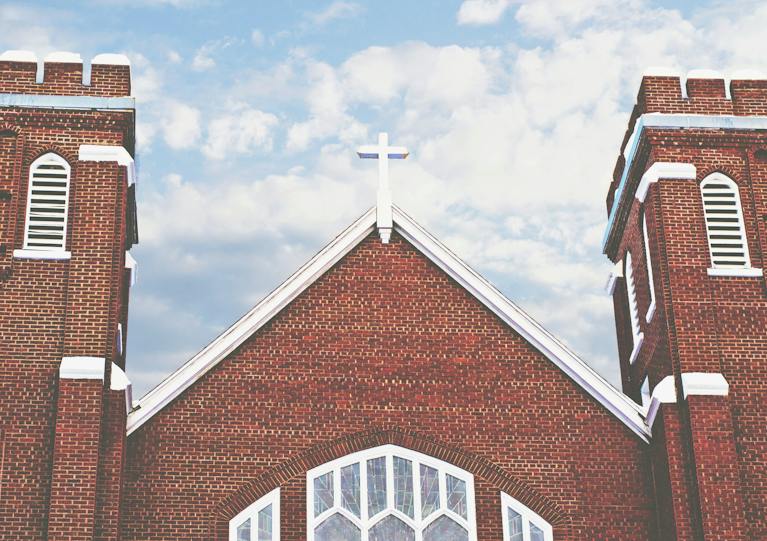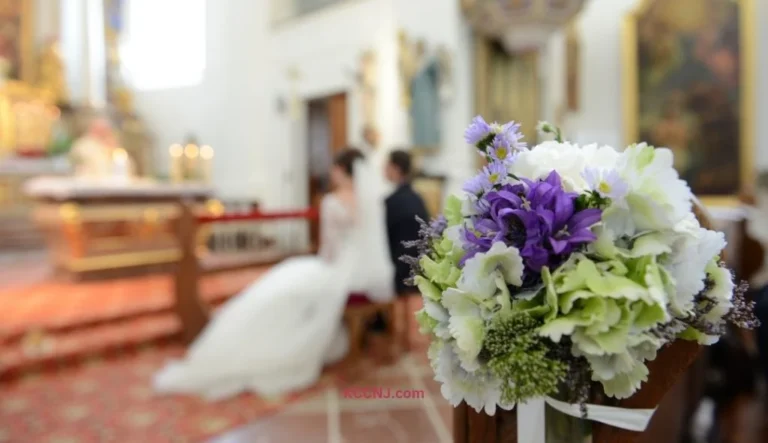Catholic examination of conscience: The Purpose and Power
What is the purpose of a Catholic examination of conscience, and why is it an important spiritual practice?
In essence, it is a thoughtful review of one’s actions, words, thoughts, and motivations in light of God’s commandments and virtues. Its purpose is to humbly confront one’s sins and failings so that, through God’s grace and mercy, one can repent and continue along the path of holiness. When done well, it has the power to transform hearts, lives, and souls.
An examination of conscience aims to align our lives more closely with Christ’s. We are all fallen and struggle with sin, “for all have sinned and fall short of the glory of God” (Romans 3:23). However, God loves us deeply and wants to free us from the burden of guilt and shame. As 1 John 1:9 tells us, “If we confess our sins, He is faithful and just to forgive us our sins and to cleanse us from all unrighteousness.”
Regular examination makes us more aware of God’s presence and attentive to the guidance of the Holy Spirit. Over time, this sacramental practice allows God to shape us into the saints we are called to become.
When and How Often Should I Examine My Conscience?
The Church advises making a thorough examination before celebrating the Sacrament of Reconciliation, in preparation for any important decisions, and every night before going to sleep. Setting aside regular times creates a holy habit to evaluate our actions against Christ’s teachings and make course corrections along the spiritual journey. Frequency depends on one’s state in life – for example, those discerning a vocation may examine more often, while new Christians may start with once a week. The key is choosing a sustainable rhythm and intentionally making space for honest self-reflection.
It can be helpful to examine one’s conscience before the Blessed Sacrament or with Scripture passages like the Ten Commandments (Exodus 20:1-17), the Beatitudes (Matthew 5:1-12) or the spiritual and corporal works of mercy. Written guides, apps and our own memory also work. The essential component is the sincere desire for conversion of heart. Any method should spark contrition in areas where we have fallen short, stir us to seek reconciliation and strength to grow in Christian maturity.

Key Areas of Focus in a Catholic Examination of Conscience
While an examination can be broad, several key areas deserve scrutiny. As Jesus said, we must love God and neighbor wholeheartedly (Matthew 22:36-40). Critically reflecting on our practice of the theological virtues of faith, hope and charity can reveal where our relationship with God needs repair. An assessment of patience, kindness, honesty and generosity shows how to build justice in our relationships.
Below are some common categories highlighted in many Catholic examinations of conscience:
- Love of God: Do I pray daily? Have I participated in Mass reverently on Sundays and Holy Days of Obligation? Have I studied Scripture and Church teaching?
- Repentance and Conversion: Have I regularly examined my conscience and gone to Confession when necessary? Have I amended my life and avoided relapse into previous sins?
- Love of Neighbor: How have I cared for the bodily and spiritual needs of others? Have I been charitable, patient and forgiving even when difficult?
- Stewardship and Vocation: How well have I cared for my health, time, talents and finances? Have I pursued growth in my state of life?
- The Ten Commandments and Precepts of the Church: Have I honored God’s name? Kept holy the Sabbath? Honored my parents? Respected life at all stages? Maintained purity in thoughts and actions? Spoken truthfully? Avoided envy or greed?
Of course, this list is not exhaustive. We must prayerfully assess areas unique to our own lives as well. Regular examination focused on growing in love of God and others helps us become the best version of ourselves.
Overcoming Obstacles in Examining One’s Conscience
Despite the blessings, examining one’s conscience can still prove challenging. Many people are unsure of where to start or easily discouraged by what they see. Others find past wounds resurfacing or confusion over church teaching interfering. Some become scrupulous and obsess over minor faults, while others only gloss over serious sins.
If such obstacles arise, seek wisdom in the guidance of trusted pastors, spiritual directors and Catholic therapists. Study Scripture, the Catechism and writings from saints who endured similar struggles. Turn to Christ in prayer about specific difficulties and experiment with adjustments to your examination method. Persevere in humility, asking the Holy Spirit to lead the process. With practice, conscience examination gets easier by God’s grace. The most important step is simply to begin.
Cultivating a Catholic Culture of Conscience Examination
Regularly examining one’s conscience is a spiritual lifeline and moral anchor in a secular world. When embraced, it shapes not just individuals but entire parishes into communities centered on Christ. As pastors, we need to teach its purpose and practice at every stage of faith formation. Preaching regularly on sin, mercy and repentance sets a tone of humble self-reflection. Providing diverse models and methods gives each person a fitting path. Encouraging consultation and accompaniment supplies needed support. Implementing these strategies takes time, but the harvest is plentiful for those willing to nurture a dynamic culture of conscience examination.
As with any garden, what is planted and cultivated blooms and spreads. Conscience examination seems to be an individual activity done in solitude. Yet if every parishioner examined their conscience weekly, imagine how our communal Christian witness would shine brighter! More people would experience freedom from nagging guilt and shame and receive God’s forgiveness. Relationships damaged by sin would heal under the balm of mercy. As we gain self-awareness, our ability to repent and make better choices unlocks new potential in our families, workplaces, and cultures. When grounded in grace, the true fruit of conscience examination is transformation.
Why does conscience examination matter?
Regular examination of the conscience is an invaluable self-assessment aligned with Christ’s model of repentance and discipleship. Approached humbly and sincerely before God, it unveils the state of our soul and opens us to healing grace. By courageously confronting our sins and failings in light of the Gospel, God can renew our hearts to follow Him with greater freedom and faith.
As Catholics, let us heed God’s call in Revelation 2:5: “Remember then from what you have fallen; repent, and do the works you did at first.” Conscience examination is the way back.







